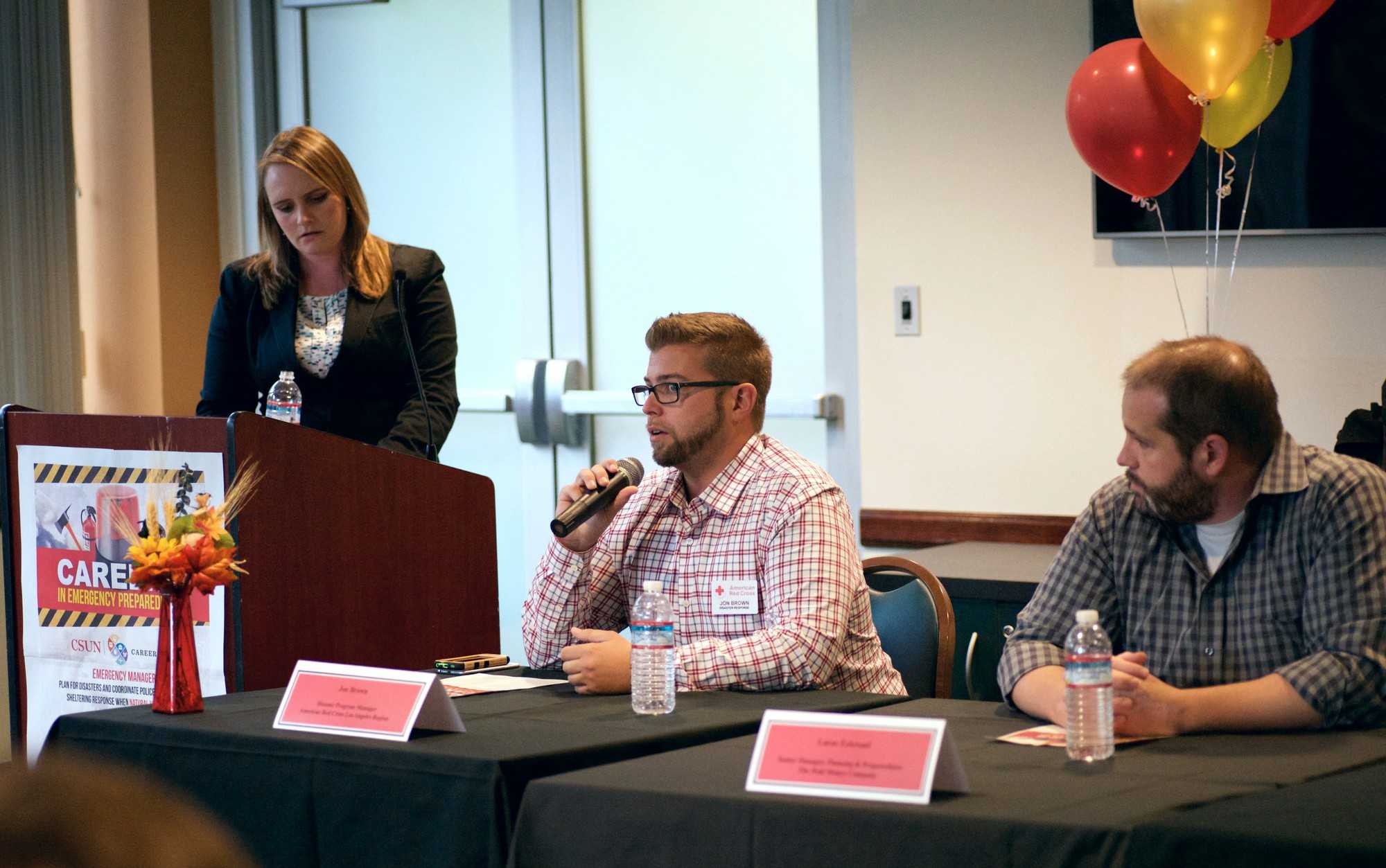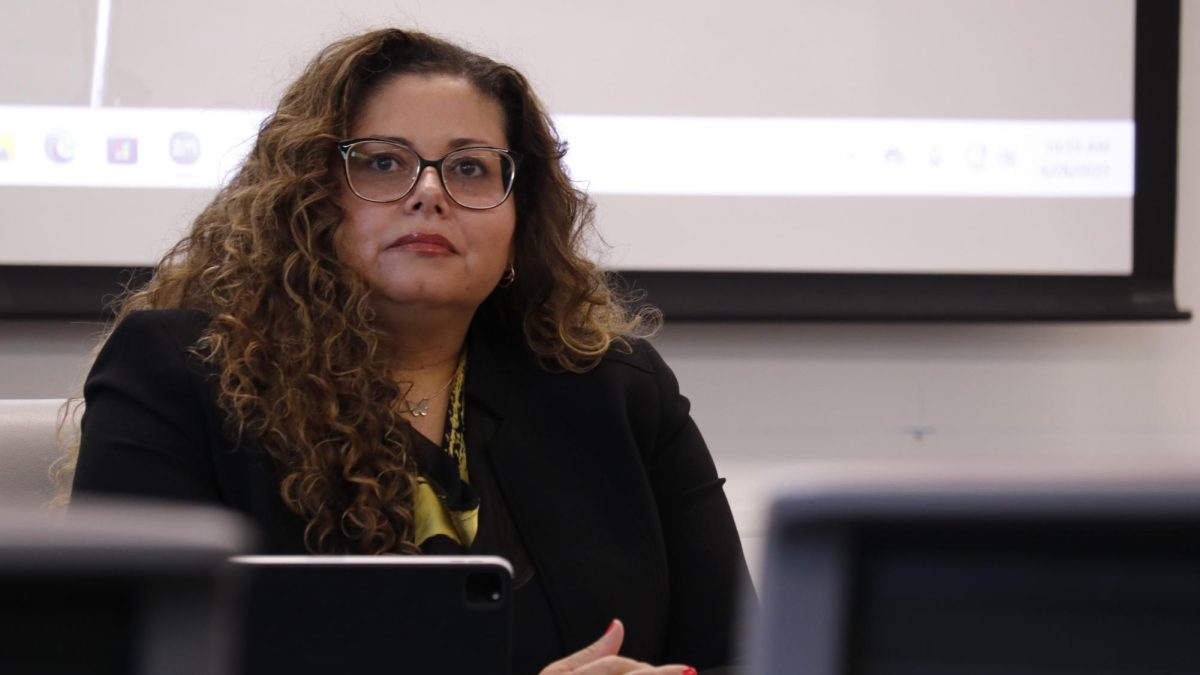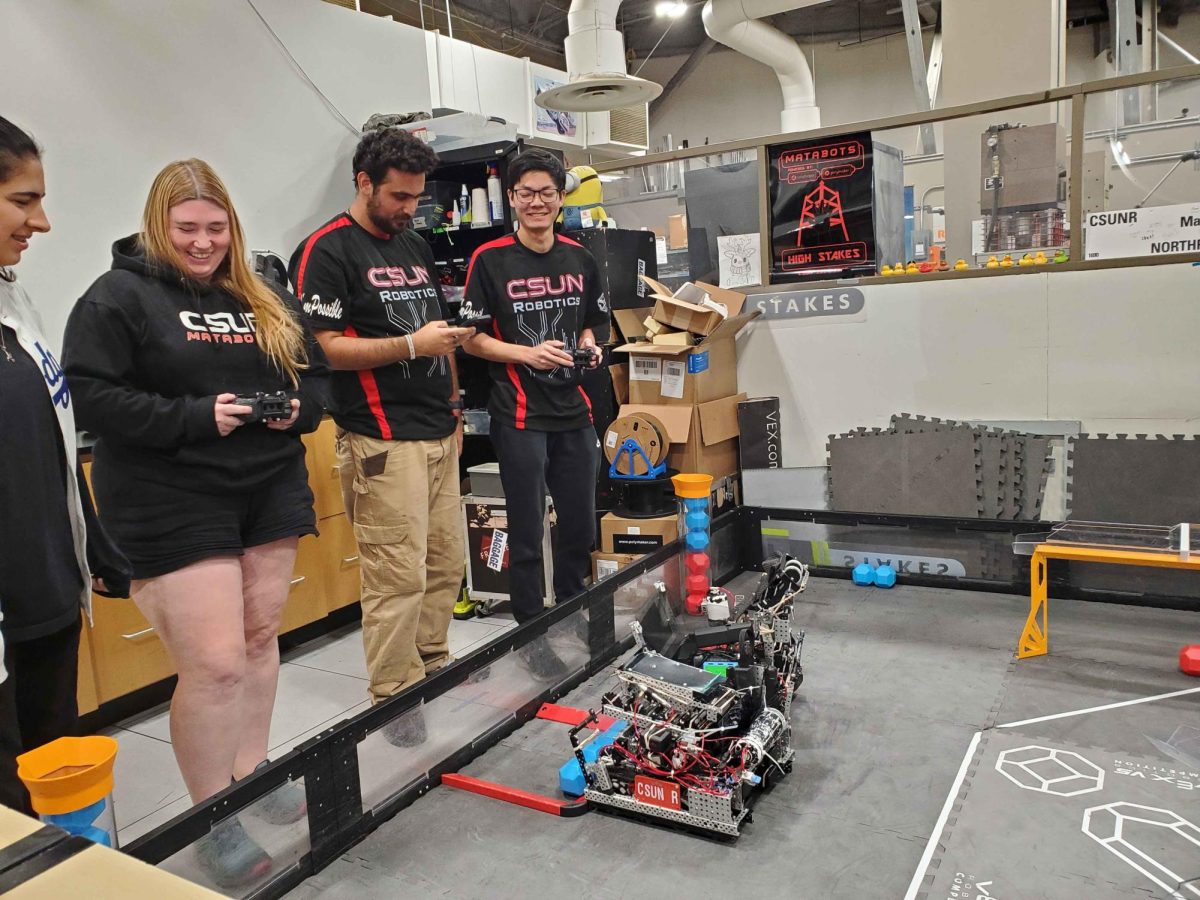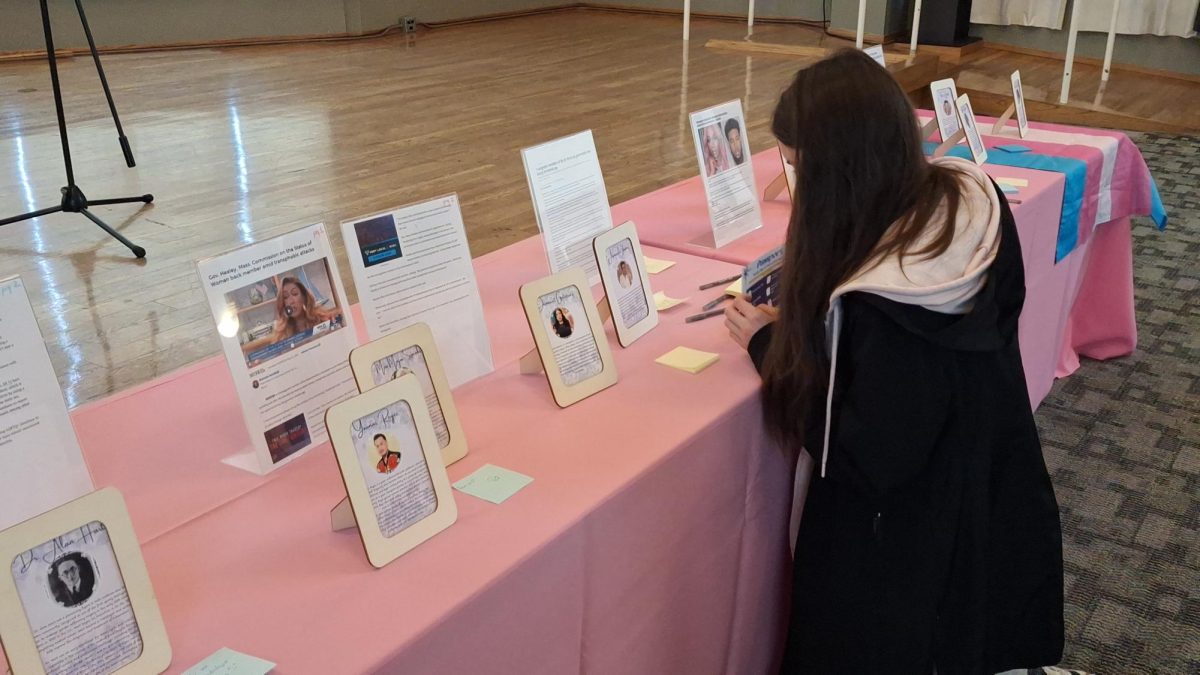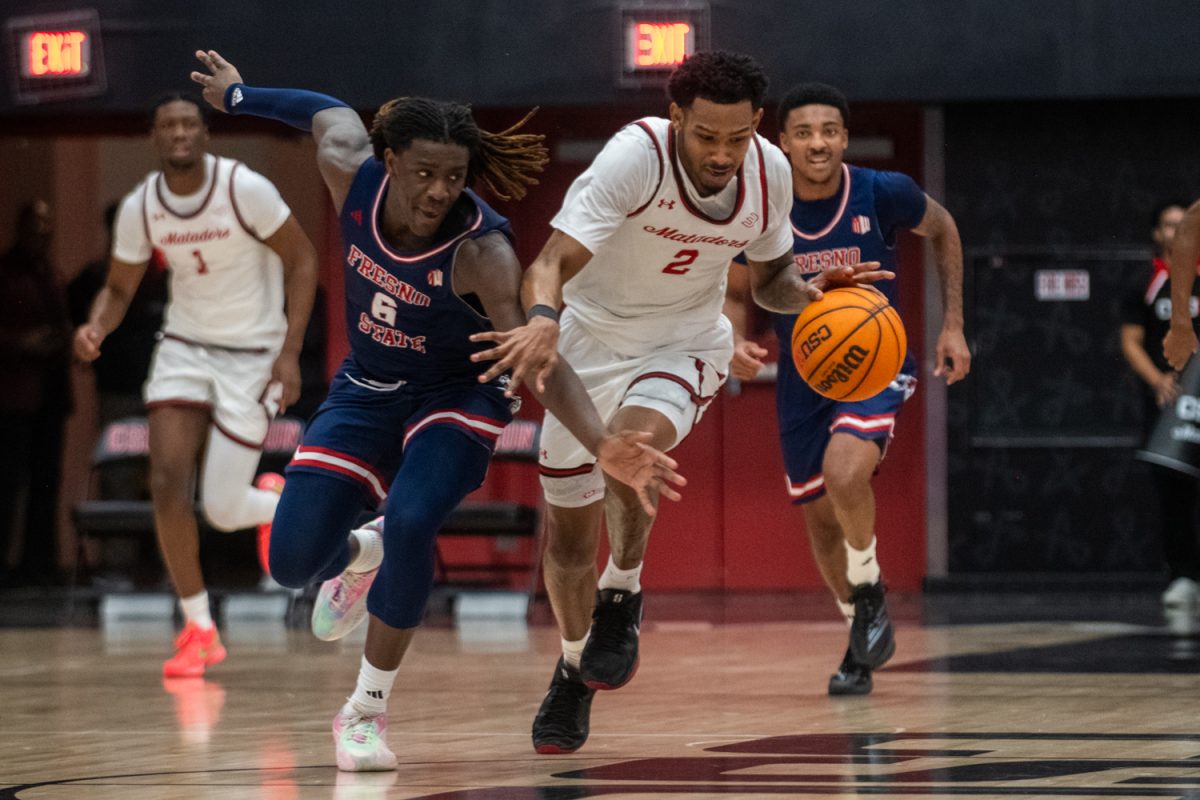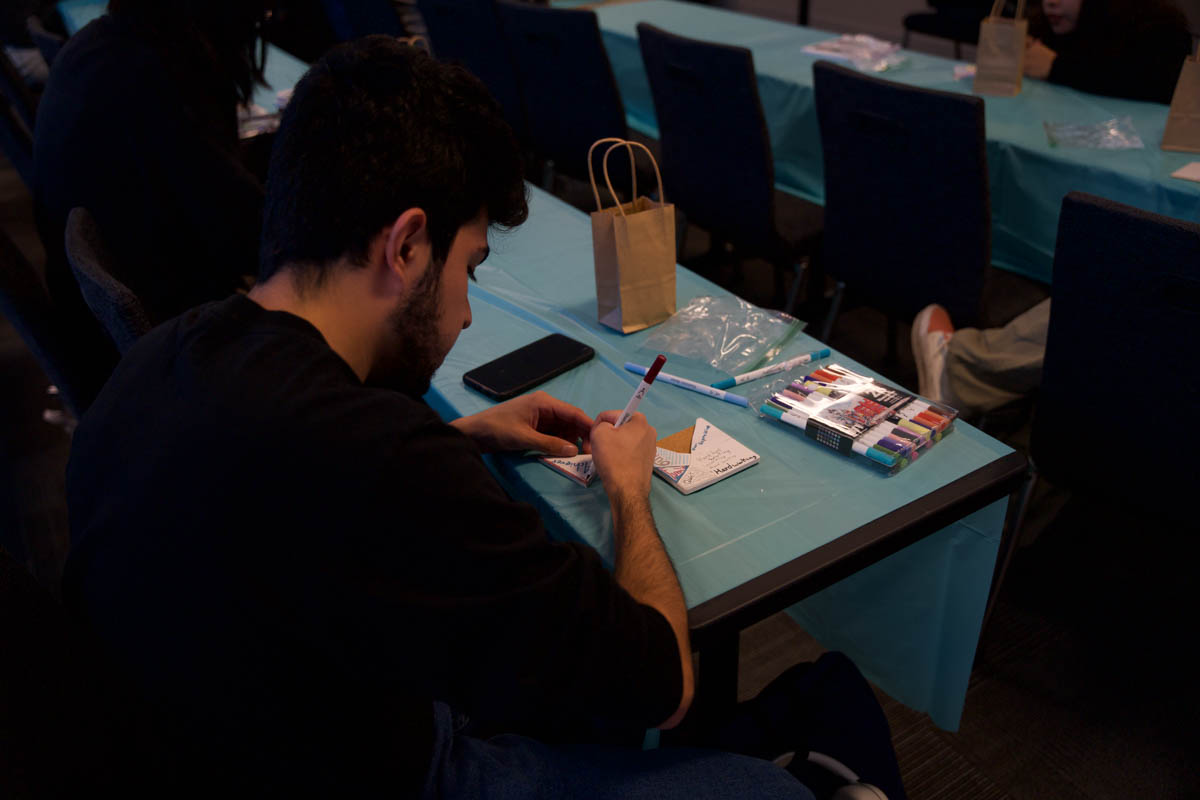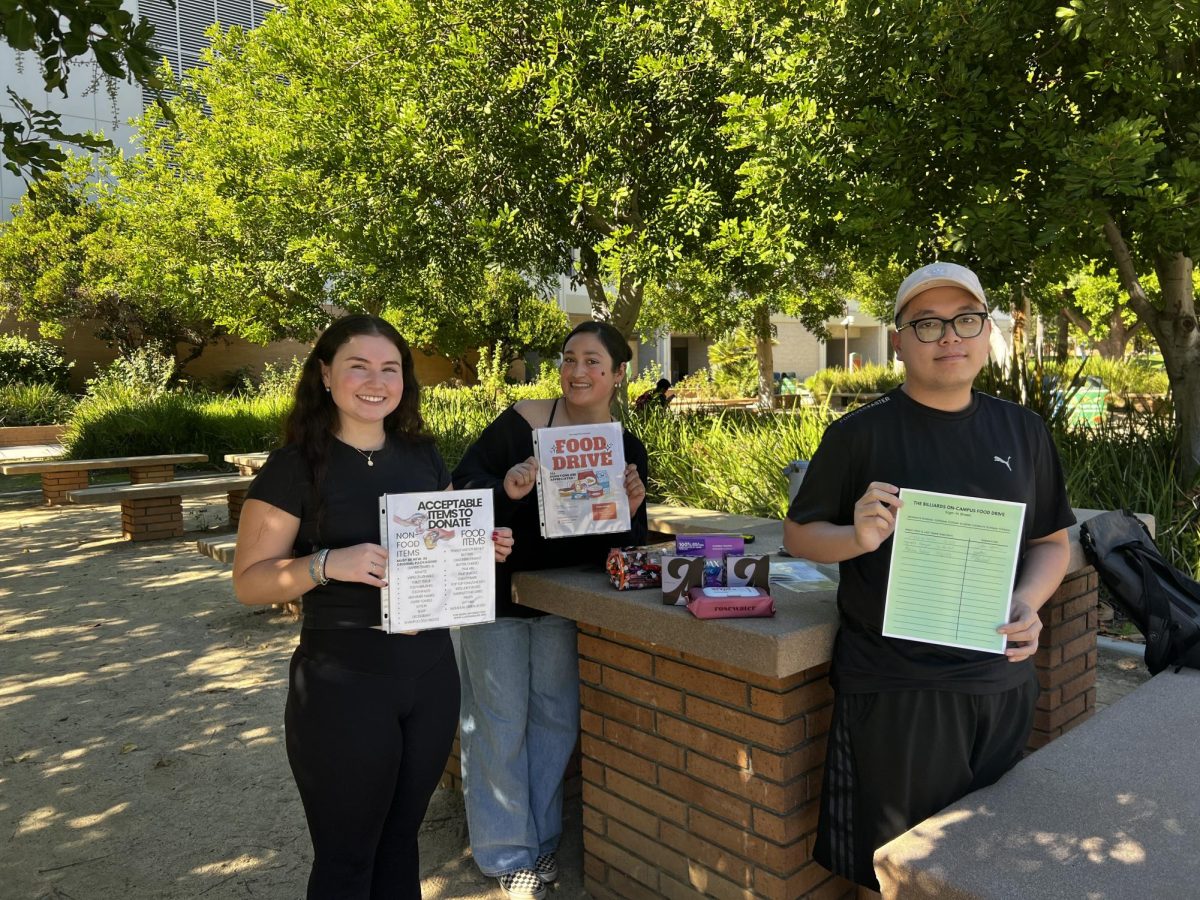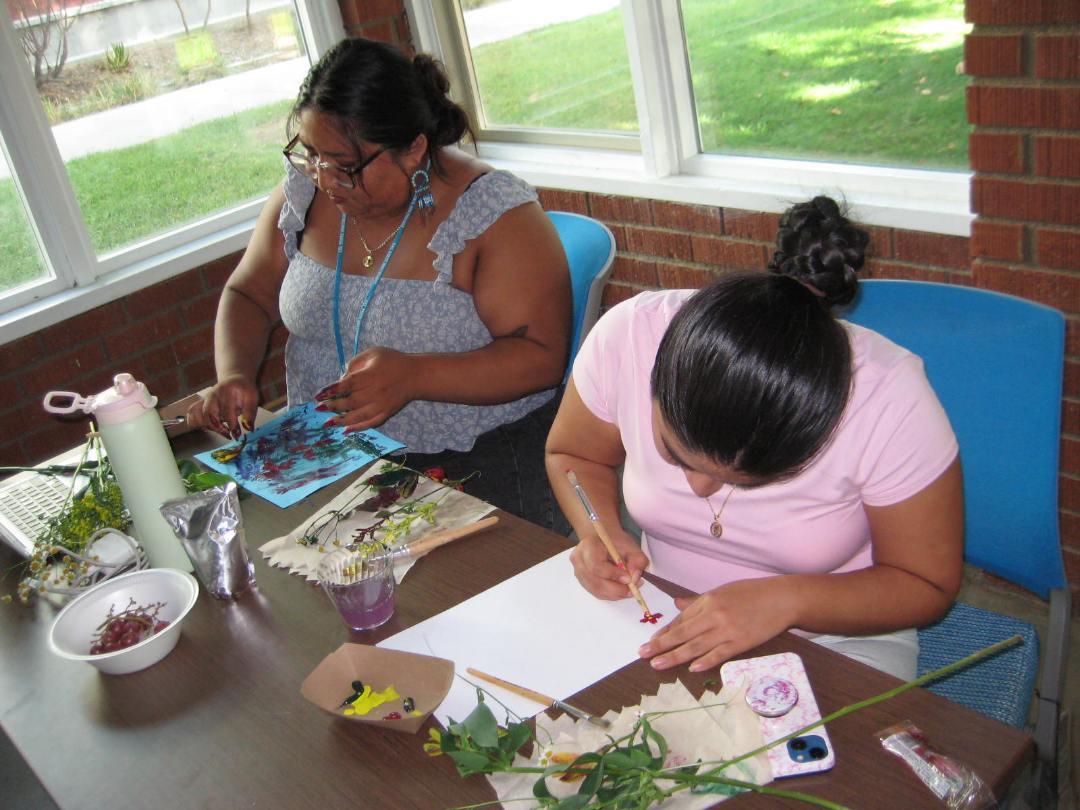Students were informed about careers in Emergency Management at a panel hosted by the CSUN Career Center in Sierra Center Thursday afternoon.
CSUN’s Emergency Preparedness Manager, Jenny Novak, and three guest speakers engaged in promising conversations about careers within the expanding industry of Emergency Management, followed by a question and answer forum.
Each speaker spoke briefly about their background influences, experiences, and academic interests.
Novak acknowledged, “It’s very fascinating to showcase that we have film studies, occupational health, international studies, and geography (interests), and we’re all working in this field.”
She also said that emergency preparedness is a career path available to any major.
“Because [this field] is still growing, so up-and-coming, there’s not many people who have degrees in emergency management. You can really come into this field from any major the way it is right now.”
The speakers proceeded to give pointers on what makes a student hirable when looking for a job in the emergency management field.
Director of Business Continuity and Crisis Management, Michael Ripley, focused on project management. He explained that the job requires a lot of time implementing and putting together research. He also included organizational skills, task orientation, and attention to detail to the list.
Disaster Program Manager for the American Red Cross in the Los Angeles Region, Jon Brown, explained that flexibility and critical thinking are significant traits for the job, especially when there is a lack of resources during a disaster. He encourages students to take Geographic Information System (GIS) courses and language classes.
“It does seem like this job has a ton of responsibility,” said 22-year-old geography major Thomas St. George, “and you could be limited, financially or through resources, with what you’re able to do. I think there’s an automated portion to this field that would be very interesting to exploit.”
Senior Planning and Preparedness Manager for the Walt Disney Company, Lucas Eckroad, expanded on the importance of communication skills. He emphasized being personable, friendly and knowing how to engage with different people from different backgrounds. He describes writing skills and public speaking to be crucial for the job, in order to produce multi-page plans, memos, and documentations.
“It was really interesting to hear about real life experiences and the steps they’ve taken to get to where they are professionally.” said 23-year-old geography major, Stephanie Wolf.
To get more information about emergency preparedness internships and courses, go to www.csun.edu/emergency or contact Jenny Novak.
